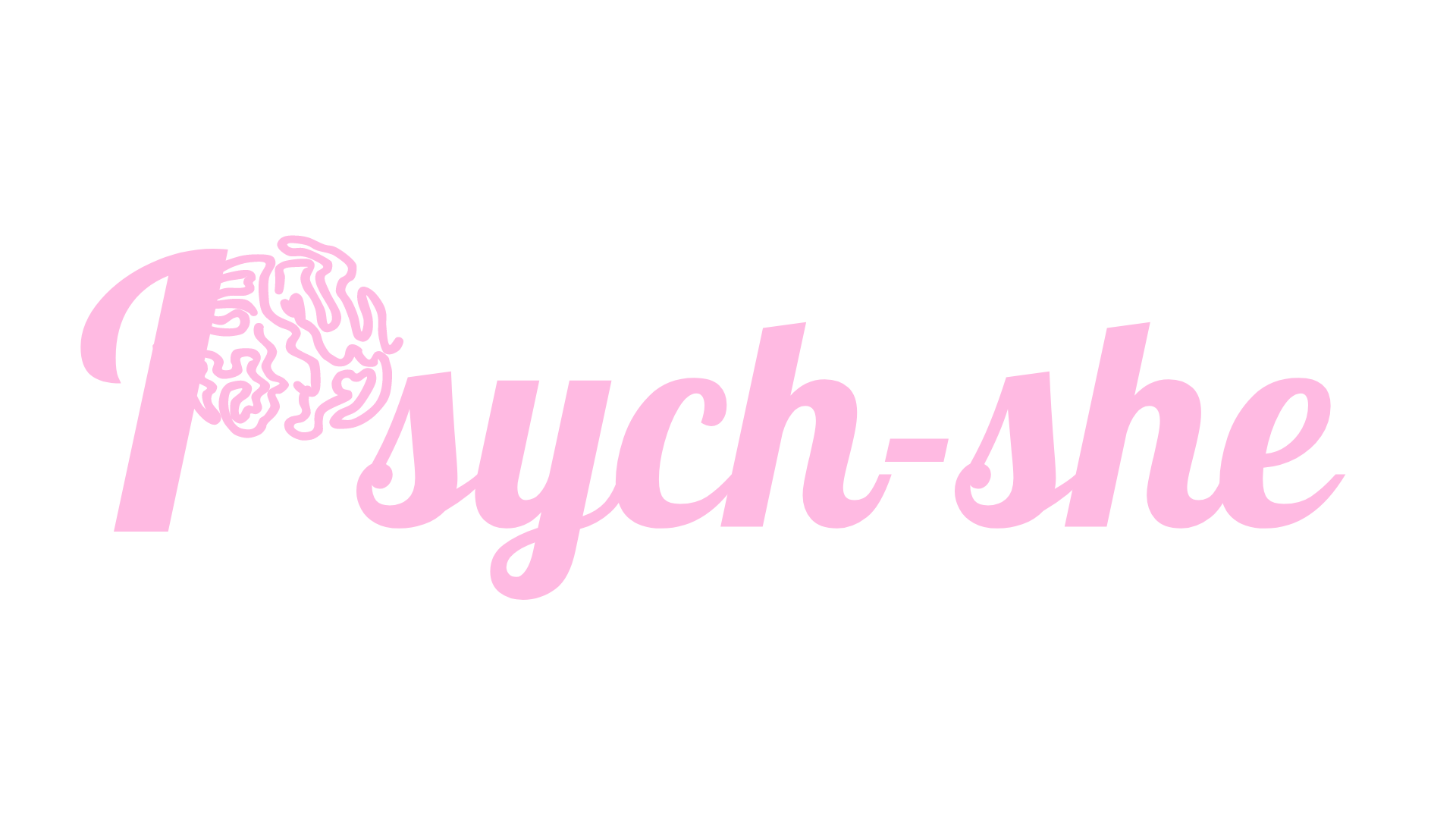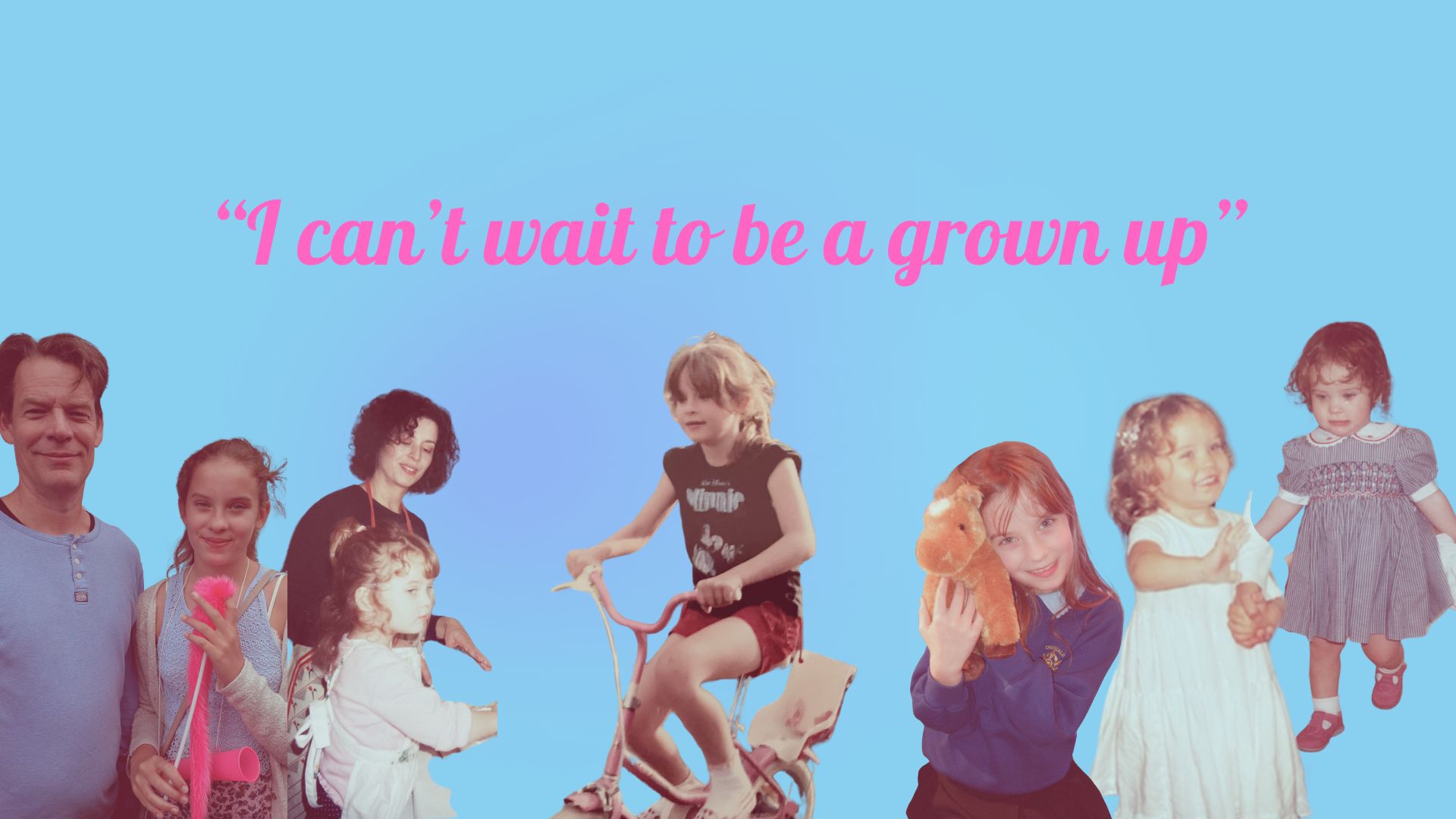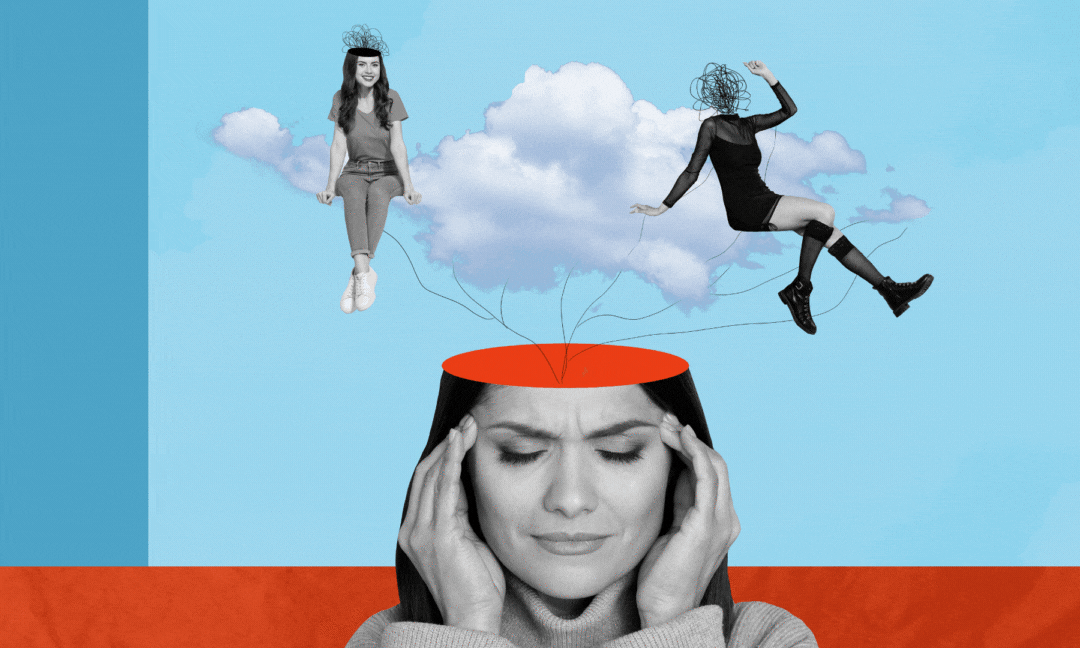A sense of independence and responsibility was all I longed for when I was younger. But now that I’m here, I want to travel back in time. Why does nobody talk about grieving your childhood in your twenties? I can’t be the only one feeling this way.
The possibilities of adulthood seemed endless to my teenage self. I would no longer be force fed broccoli or dragged out on a Sunday morning walk. I could stay out late partying, listen to music obnoxiously and watch whatever I wanted on TV. But fast forward ten years, and the idea of growing up is no longer so appealing.
Now that I’m in my twenties, time with my family is few and far in between, and I miss it incredibly. I still eat the broccoli and go on the walks, but I am left longing the company and care they provided throughout my childhood. I knew I was going to miss them when moving to University, but I didn’t anticipate the complete grief I would feel for that time of my life.
My first year living away from home felt more like a holiday. Everything was new and exciting. But as another year passed and the fun died down, I was hit with the reality that everything had changed forever. I was separated from the streets I grew up in, alongside the genuine love and interest my family gave me. I lacked the comforting cuddles, homecooked meals and somebody to magically change my bedsheets, and I wonder why I ever wanted to leave this behind.
Entering your adult era is a transition we all must face at some point. Psychotherapist, Suzette Bray, explained that we are confronted with significant life changes in our twenties which encourage more responsibility and independence. “These can include moving out, developing a romantic relationship, managing finances and starting University or a full-time job.
“It happens at different points for everyone, but it’s about the psychological realisation that you now hold more accountability. It’s super common for people to grieve their childhood and feel a sense of nostalgia for a time that was less stressful.
“People usually feel a loss of innocence around this time and begin to recognise the harsh realities of adult life, alongside how complex it can be.”
Now that I’m left with the endless laundry, cooking and shopping, I really appreciate my parents who did this for the whole household. I recognise that I not only miss them, but also the huge weight of responsibility they took off my shoulders, which all feels a little too overwhelming nowadays.
They decided what fun would fill my weekend, what I’d eat for dinner and when my next hair cut would be. The jump from always having that someone to look out for you, to being completely self-sufficient, is a big one that I’ve definitely found hard to accept.
Suzette encourages anyone going through this to acknowledge their feelings and reflect on their growth. “Allow yourself time to grieve your childhood, it completely makes sense that you feel this way. Also recognise how far you’ve come and the new skills and experiences you’ve gained. Give yourself a big pat on the back, you’ve come a long way!
“Talking to friends about your feelings can also help, and try to create new traditions when you can. This is your chance to keep hold of the ones you like and do the ones you’ve always wanted to. Practicing mindfulness will also help to manage the stress and anxiety of adult life.”
The way I lived for two decades disappeared on a random Sunday afternoon, and feeling grief about this is inevitable. Everything I was used to suddenly changed, but I have completely grown as a person since being thrown in the deep end. I’m also sure my parents are enjoying a well-deserved break from the extra washing, cleaning and social schedule they had to worry about. The love from my family is irreplaceable and transitioning to adulthood won’t change that. Life moves and we have to learn to move with it.
Expert insight: Suzette Bray
Suzette is a licensed marriage and family therapist with 25 years of experience. She is the author of You and Your Emotions, DBT Explained and the Borderline Personality Disorder Workbook. Some of her specialities include emotional regulation, anxiety and mindfulness.




